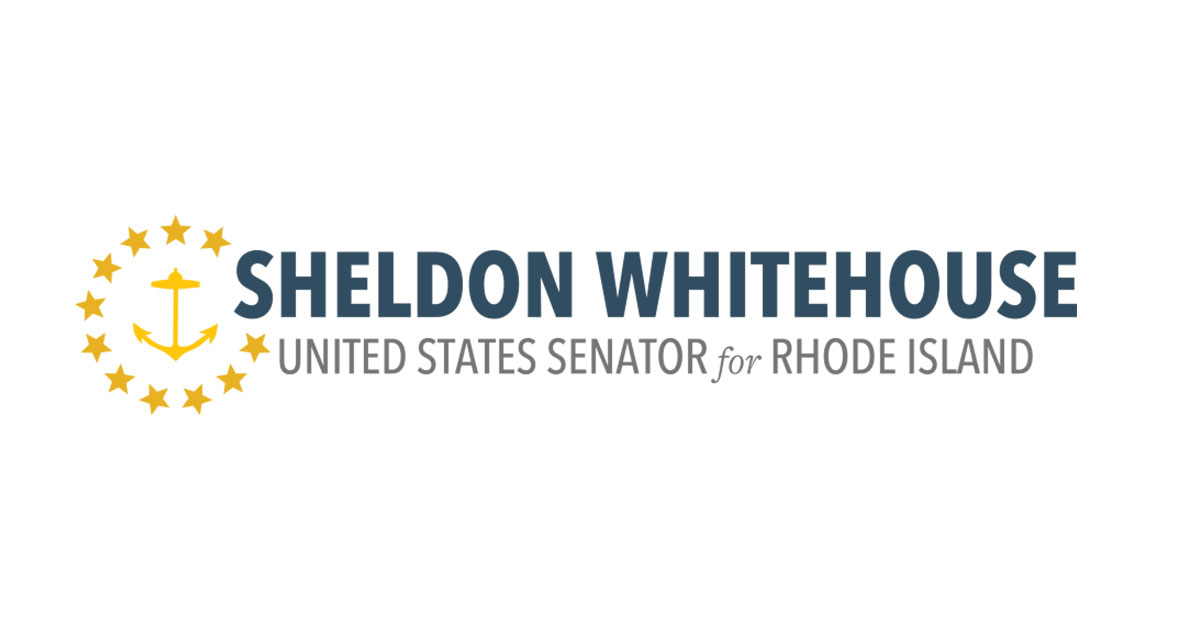Source: United States Senator for Rhode Island Sheldon Whitehouse
Delta between companies’ public climate promises and climate lobbying is material information needed for investors to accurately analyze risks
Washington, D.C. – U.S. Senator Sheldon Whitehouse (D-RI) today released the following statement after the Securities and Exchange Commission (SEC) issued a draft rule that would require companies to disclose some climate-related risks:
“While it is good to see the Securities and Exchange Commission finally move forward with this proposal after years of delay across multiple administrations, today’s proposal is disappointing in its omissions.
“Without question, climate change poses serious financial risks for publicly traded companies. And without question, the most powerful tool companies have to fight climate change – and reduce their investors’ exposure to climate-related risk – is their political influence effort. Yet today’s proposal completely omits climate-related corporate political influence activities. Investors deserve disclosure of climate-related lobbying activity or support for outside groups that engage in climate-related influence activities.
“This is an enormous missed opportunity on the part of the SEC — a failure of nerve that shies away from a perfectly legal, necessary response to the climate danger we face. Investors clamor for such disclosures because climate-related lobbying and influencing activities are the single most material disclosures a company could make to achieve climate safety. This omission is stunning.
“I commend the SEC for taking steps to require the disclosure of scope three emissions, including financed emissions, and I look forward to the notice and comment period as an opportunity to improve the omissions in this proposal.”
Last week, Whitehouse led several colleagues in calling on the SEC to include a disclosure requirement for lobbying activities related to climate change in the pending climate rule. In the letter to the commissioners of the SEC, Whitehouse explained why lobbying for or against measures that drive climate change is material information investors need to accurately gauge exposure to risks. The letter also made clear that inaction on climate poses a financial risk for many companies.
